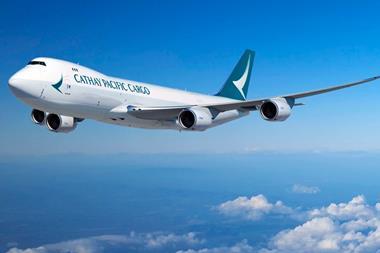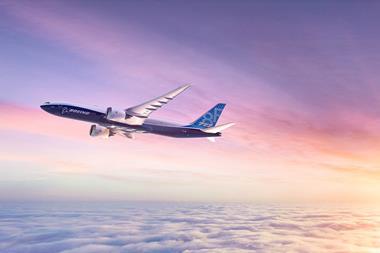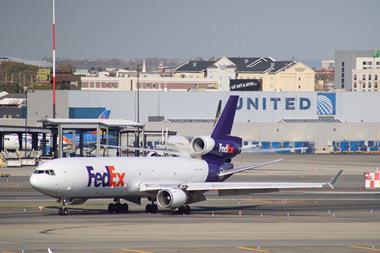Trade tariffs impacted Asian Pacific air cargo demand, which fell again in May “as export activity continued to slow in the face of challenging business conditions”.
Preliminary traffic figures released by the Association of Asia Pacific Airlines (AAPA) saw the region's airlines register a 6.5% fall in air cargo demand as measured in freight tonne kilometres (FTK).
Said the AAPA: “The wider imposition of trade tariffs dampened demand and affected global supply chains, leading to declines in new export orders.
“Combined with a marginal 0.3% increase in offered freight capacity, the average international freight load factor fell by 4.3 percentage points to 59.0% for the month.”
AAPA director general Andrew Herdman said: "Sustained expansion in major global and regional economies supported further growth in passenger markets, but air cargo demand is weak as a result of the slowdown in the manufacturing sector and deteriorating business confidence, undermined by the ongoing trade disputes."
"Overall, during the first five months of the year, Asian airlines carried an aggregate total of 155 million international passengers, 4.8% more than the same period last year. In marked contrast, in the same period Asian airlines saw a 6.2% contraction in air cargo demand."
Herdman added: "Whilst prospects for growth in travel markets remain positive, operating conditions have become increasingly challenging for the region's carriers. Airlines are grappling with the effects of weaker air cargo demand, volatile oil prices and renewed downward pressure on passenger yields.
“Nevertheless, the region's airlines remain focused on improving operational productivity to deliver value added services to customers."










